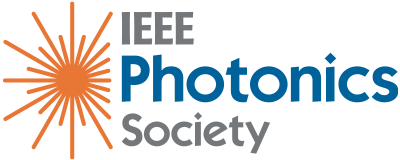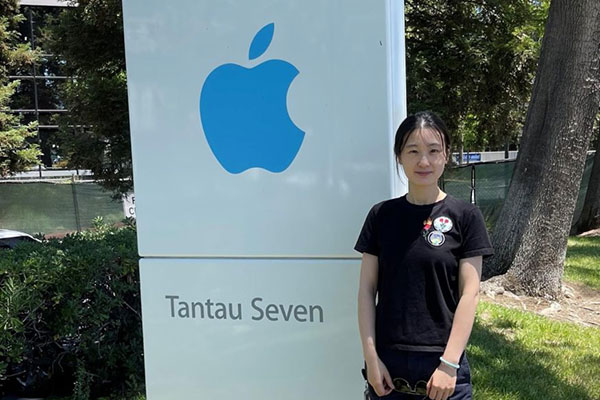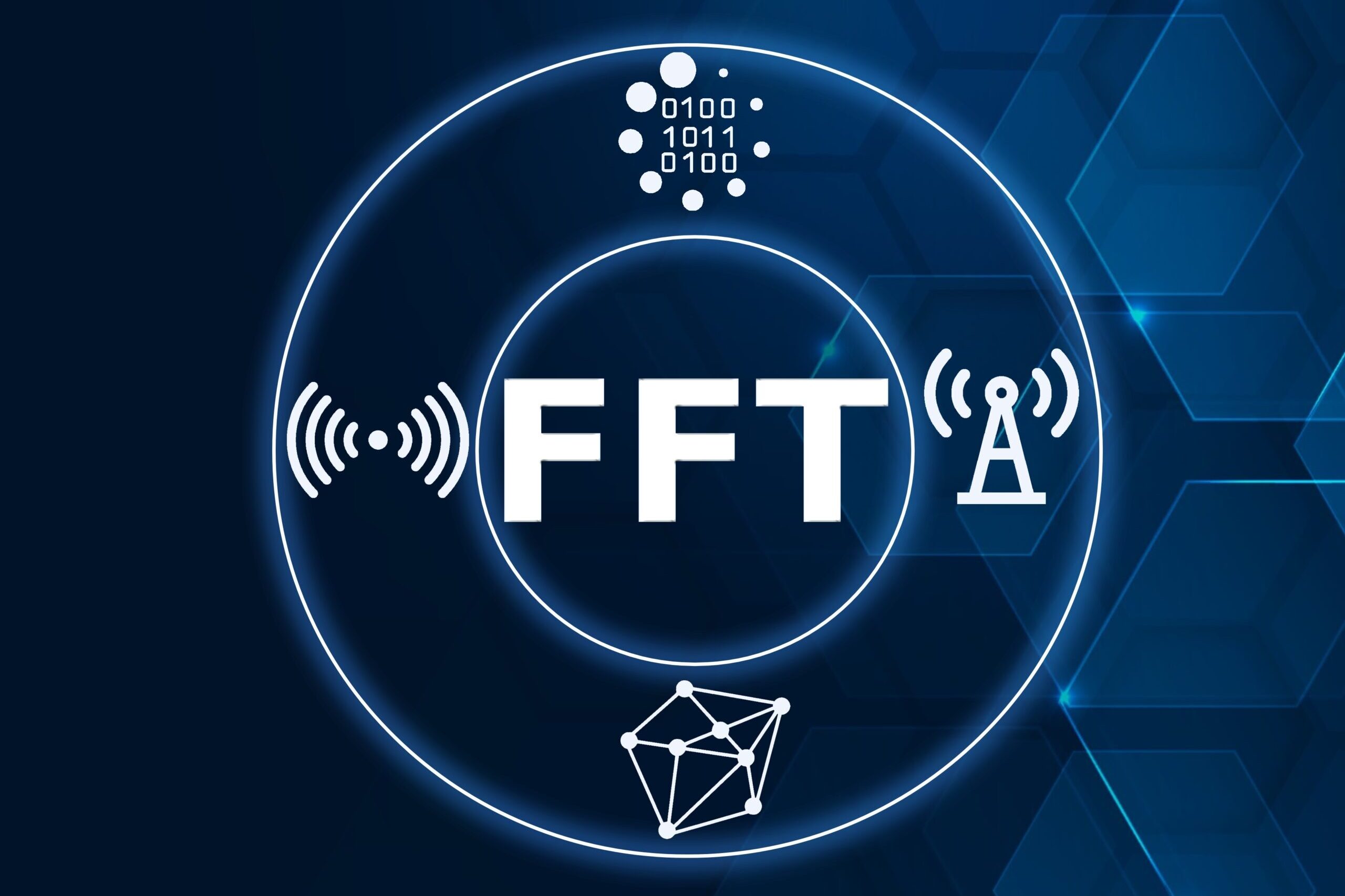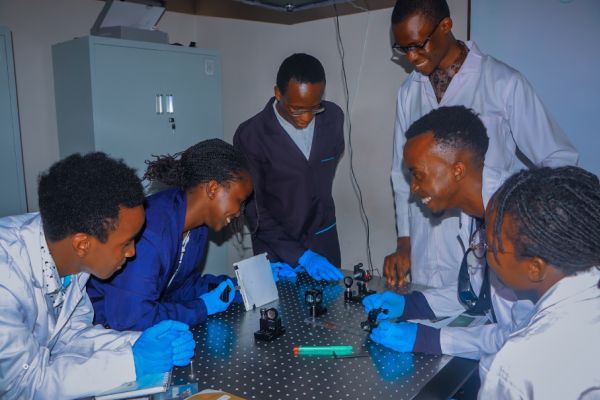In this series partnered with WaveJobs, we invite people at different career stages to share their experience in Photonics and lessons learned in professional development. Today we interviewed Min Cen, Ph.D., who holds a doctorate from University Mons in Belgium and was a former intern at Ericsson, researcher at Intel, Inc., and is currently at Apple, Inc.
Patryk: Min, I see only big companies in your career such as Ericsson, Intel, and Apple. This is an amazing career in photonics. What is the field of your interest in photonics and how did it all start for you?
Min: I changed quite a few fields from my masters to my current industrial position at Apple. My masters and Ph.D. mainly focused on fiber optics and optical communication. My postdoc research was related more to optical/computational imaging systems. In my first industrial job at Intel, I was working on silicon photonics chip packaging development. I’m now working on a super cool photonics related device, but my role is more focused on traditional optical systems like lenses and prisms. I think it’s fun to touch all those different fields, which opens my eyes to the possibilities of photonics.
I received my masters thesis internship at Ericsson under your supervision Patryk, and it was a big milestone for me. My internship at Ericsson is also one of my best memories. It opened the door of photonics for me and made me willing to pursue a career in it.
Patryk: What do you consider to be your biggest success so far in the photonics field?
Min: I am proud of my Ph.D. work; I worked very hard and got quite a few publications in high-quality journals and presented at international conferences. During my second year at Intel, I proposed a new lens coupling idea which helped our team deliver industry-first co-packaged optics ethernet switches and I am very happy about that as well.
Patryk: What excites you most and keeps you motivated to further contribute to this field?
Min: As we can see during recent years, there is an industrial photonics boom. Besides some traditional applications like Telecom/Datacom, photonics starts to shine in new areas like lidar, AI computing, AR/VR, health sensing… and I believe there will be more and more new photonics related applications out in the near future. It’s just the beginning. I’m very excited to work in this cutting-edge field!
Patryk: At WaveJobs we have noticed that many companies and universities struggle to find proper candidates in the field of photonics. What are the main obstacles you and your peers experience when looking for potential employees for your projects?
Min: Photonics used to be a small field with a limited output of well-trained engineers/researchers. As the industry ramped up efforts to explore this field in the past decade, we definitely see a gap between available talent and job openings. In particular, some new applications require skill sets that are not well captured by the existing academic system. That also means we are at the beginning of a big expansion of this field and also the best time to land a great job!
Patryk: Would you share any piece of advice you would give to those looking for their first jobs in photonics or photonics-related fields?
Min: Of course. I believe for most people this is a tough period. When I moved to the United States in 2017, it took me six months to land my first industrial job. So my advice would be to keep trying and believe in yourself. Each interview is a great learning opportunity; you will finally succeed.
My second piece of advice is don’t put limits on yourself, and don’t be afraid of trying/learning different things. My Ph.D. is focused on fiber communication but I shifted to a totally different area for my postdoc. During that time I learned a lot of new things like image processing, computational imaging, and optical system design. Besides opening my eyes, it also helped me land my job at Intel as a packaging R&D engineer, which requires both the skillset of optical communication and optical system design. I do understand it is difficult, especially for a Ph.D., to change your area, but it may bring you new opportunities and new ideas. So why not give it a try!
Patryk: Min, thank you very much for the interview. I am sure your success story will motivate others, who may still hesitate, to pursue a career in photonics.





